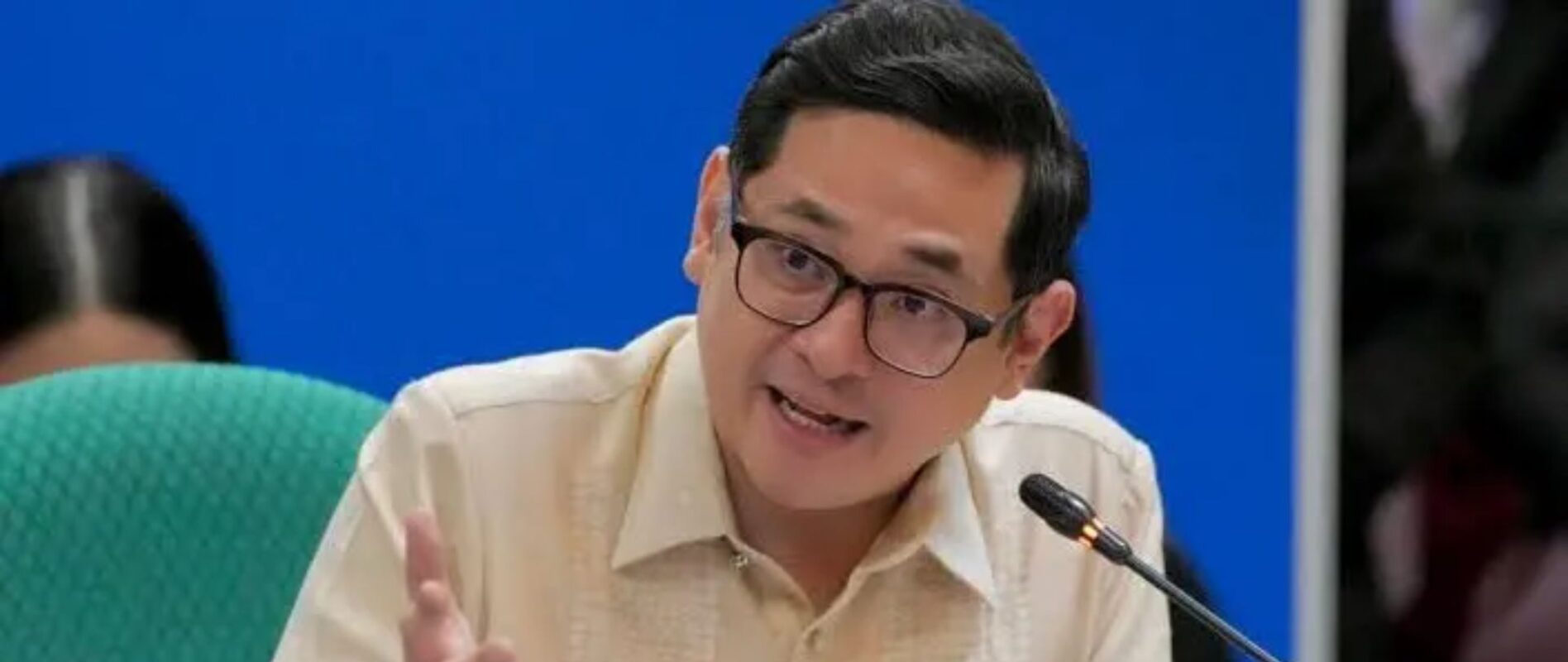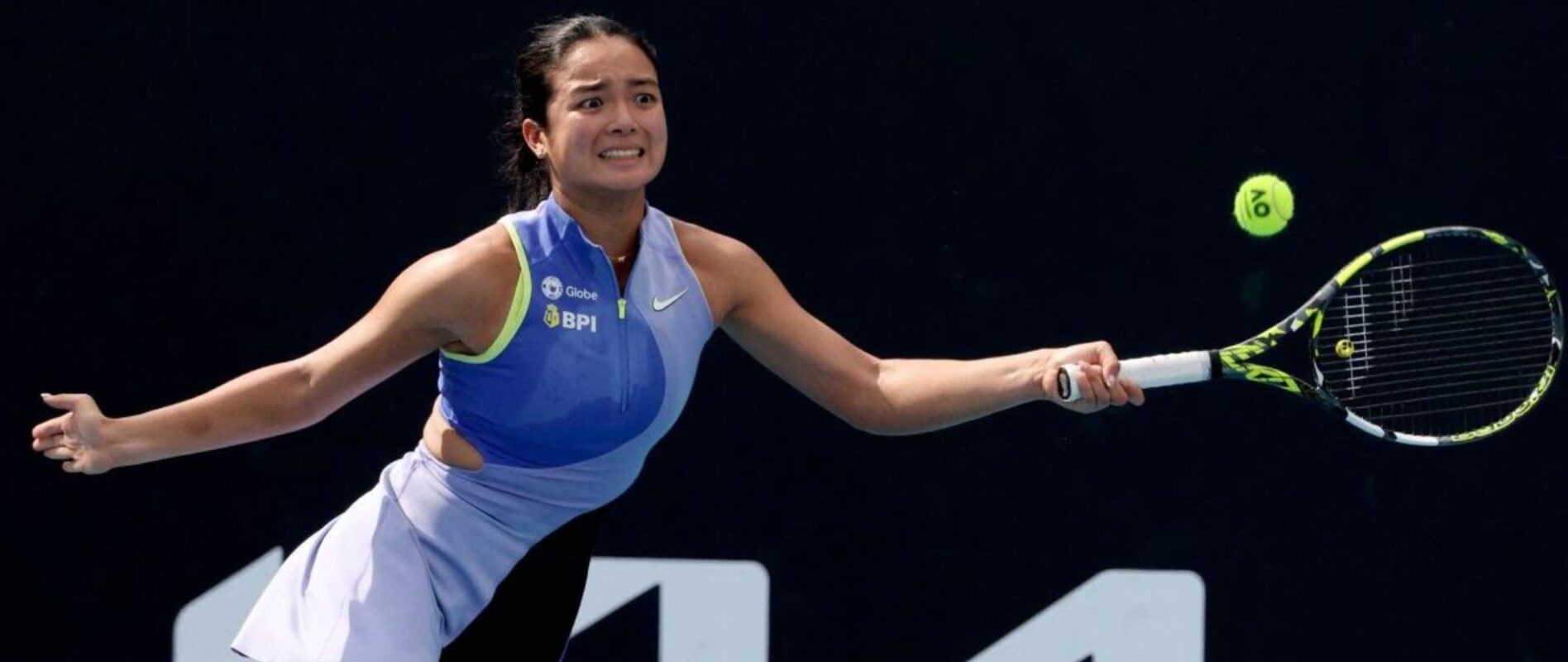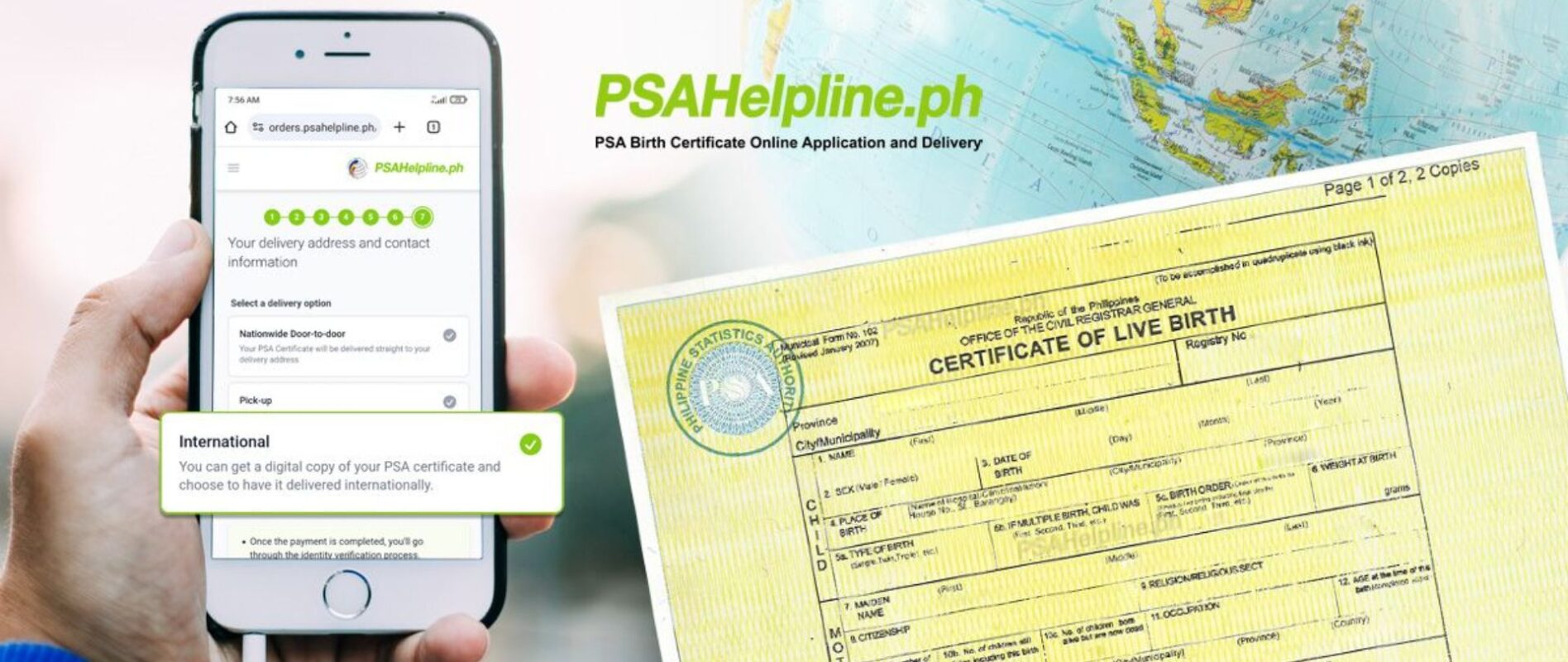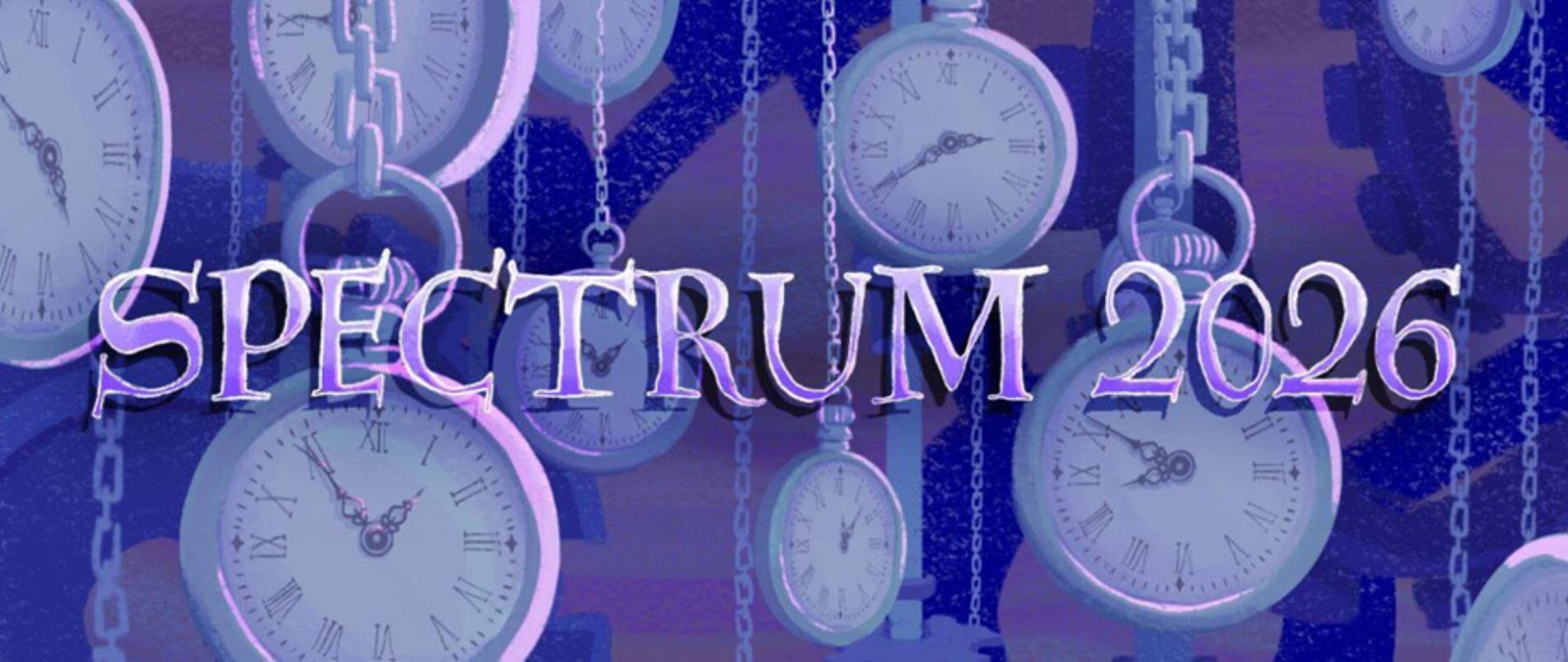GOV’T LOCKDOWN VIOLATES CHILDREN’S RIGHTS, SAYS UNICEF
PROHIBITING children from going outside for a period of two weeks in a bid to contain the transmission of the Covid19 in the metropolis can be considered an infringement of children’s rights, according to the United Nations International Children’s Emergency Fund.
While efforts to contain the spread of infections require public health and social measures, UNICEF emphasizes these measures should consider the highest level of acceptability and feasibility, proven effectiveness, and should minimize the negative consequences on health and well-being of all members of society.
“They (Metropolitan Manila Development Authority) should respond to the best interest of the child, should not cause further harm, and should always consider the preservation of the child’s wellbeing and dignity,” UNICEF said in a statement.
“As the pandemic enters its second year, the impact on children and young people’s psycho-social wellbeing and mental health risks is taking a toll,” it added.
The UN agency stressed due to the restrictive containment measures adopted since the onset of the pandemic, children have lived away from members of their extended families, teachers, and friends.
“They have been learning from home, often confronting incredibly challenging circumstances. For those experiencing violence, neglect or abuse at home, lockdowns left them stranded with abusers and without the required support,” it said.
According to the World Health Organization, the Covid19 pandemic has disrupted or halted critical mental health services in 93 percent of countries worldwide, while the demand for mental health support is increasing.
A study from 194 cities in China found that 16 percent of respondents among the general population reported moderate to severe depressive symptoms during the pandemic, and 28 percent moderate to severe anxiety symptoms.
Globally, data also shows that even before the pandemic, children and young people carried the burden of mental health risks, with half of all mental disorders developing before age 15, and 75 percent by early adulthood.
The majority of the 800,000 people who die by suicide every year are young people, and self-harm is the third leading cause of death among 15-19-year-olds, with higher rates among adolescent girls.
It is estimated that globally 1 in 4 children live with a parent who has mental disorder.
“As the pandemic continues to affect communities, we must find better ways to manage it together. Children and their communities should be consulted and an evidence-based rationale for measures that affect them, should be developed and communicated transparently. We need to take into full account the needs and rights of children, while we continue to protect them and all members of the public, from the increased risk of Covid19 infections,” UNICEF said.
The UN body also urged the Metro Manila Council to issue a resolution to all 17 local government units comprising the National Capital Region specifying that in order to take the best interest of the child into account, children of all age groups can be allowed to play and conduct sport and physical exercise in outdoor areas, as long as the required public health measures (social distancing and wearing of masks) are strictly complied with.
UNICEF reiterates its full support to the Philippine government in fighting Covid19 by complementing the government’s response through technical assistance, provision of essential supplies, support for logistics and transportation of vaccines, effective communication of safe practices to families, as well as ensuring the rights of children and their families are protected.














